Jimmy Stewart, a name that conjures images of rugged cowboys and sprawling American landscapes, was a stalwart of the Western genre. His performances in classics like “Winchester ’73” and “The Man Who Shot Liberty Valance” set the standard for the cowboy archetype — honorable, stoic, and unwavering.
Stewart’s natural charm and moral authority made him the ideal Western hero, shaping the genre for years to come. But beyond his cowboy hats and spurs, Stewart’s versatility as an actor allowed him to navigate various genres, showcasing a range that few of his contemporaries could match.
A Career of Many Acts
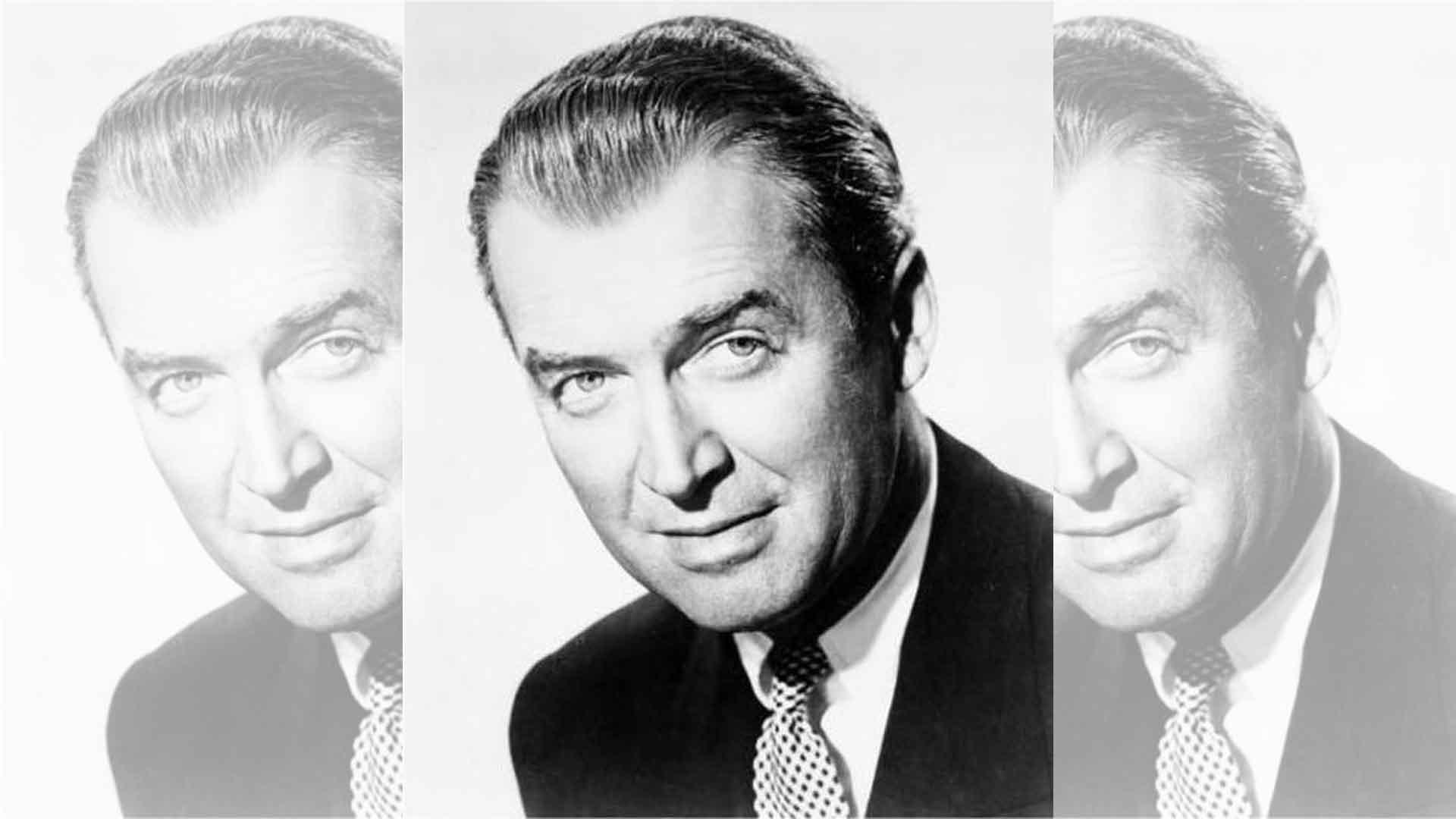
Jimmy Stewart’s filmography reads like a road map through the golden age of Hollywood. From suspenseful Hitchcock thrillers like “Rear Window” to the heartwarming family drama “It’s a Wonderful Life,” Stewart demonstrated an unparalleled ability to connect with audiences.
His “everyman” appeal and nuanced performances made his characters feel real and relatable, transcending the silver screen. Stewart’s dedication to his craft earned him five Academy Award nominations, securing his place as one of cinema’s most beloved actors.
The Shift in Hollywood
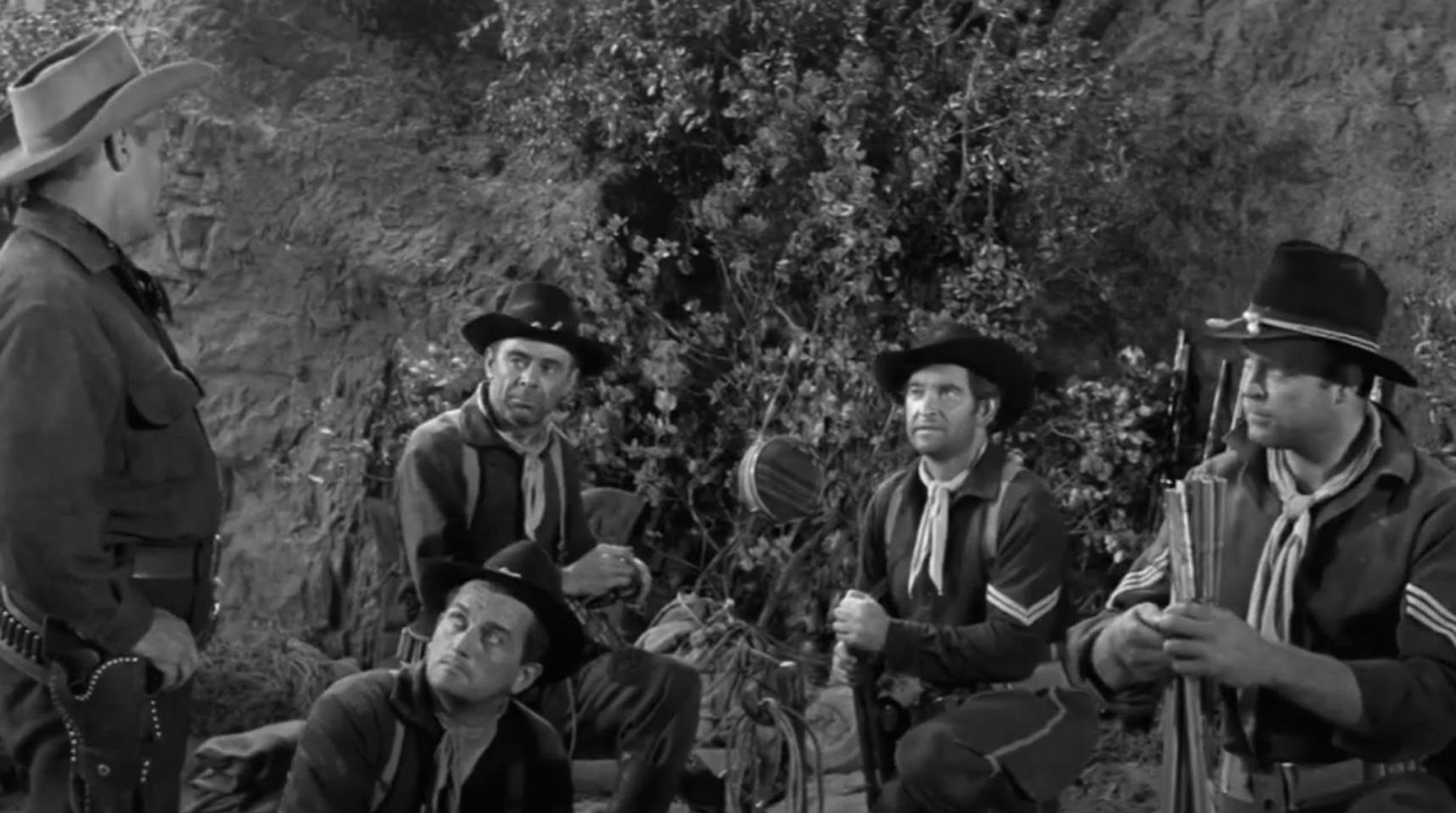
As the 1980s approached, the cinematic landscape began to shift. Traditional Westerns, once the backbone of American cinema, were losing their luster, replaced by flashy new genres and special effects-driven blockbusters.
This change reflected broader shifts in American culture and technology. Stewart, a symbol of the classic Western hero, found himself at a crossroads, navigating a Hollywood that was vastly different from the one he had dominated for decades.
An Unlikely Return
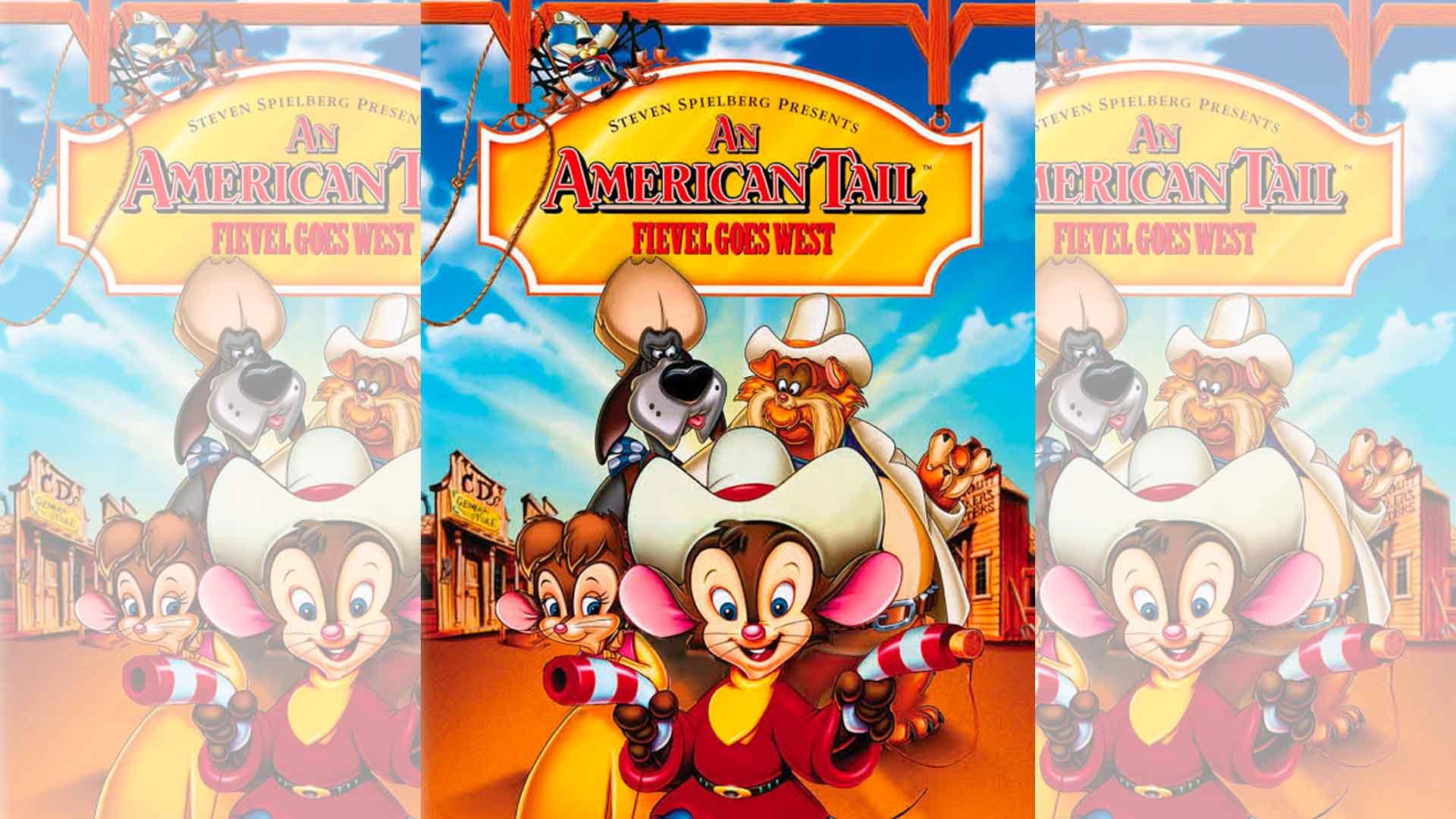
Despite the changing times, Stewart’s final act in Hollywood brought him back to the familiar territory of the Western, albeit with a twist. “An American Tail: Fievel Goes West” was not your typical cowboy movie, after all.
This 1991 animated film infused the spirit of old Westerns into a new, family-friendly format. Stewart was approached to lend his voice to a character that would allow him to tip his hat one last time to the genre he helped define.
A New Kind of Western

“Fievel Goes West” offered a fresh take on the Western motif, telling the story of young Fievel Mousekewitz’s journey into the wild frontier.
This animated sequel presented a unique opportunity for Stewart to rekindle the flame of his Western legacy in a format unbound by the constraints of live-action cinema. As the voice of Sheriff Wylie Burp, Stewart brought a piece of the Old West to a new generation.
Jimmy as Wylie Burp
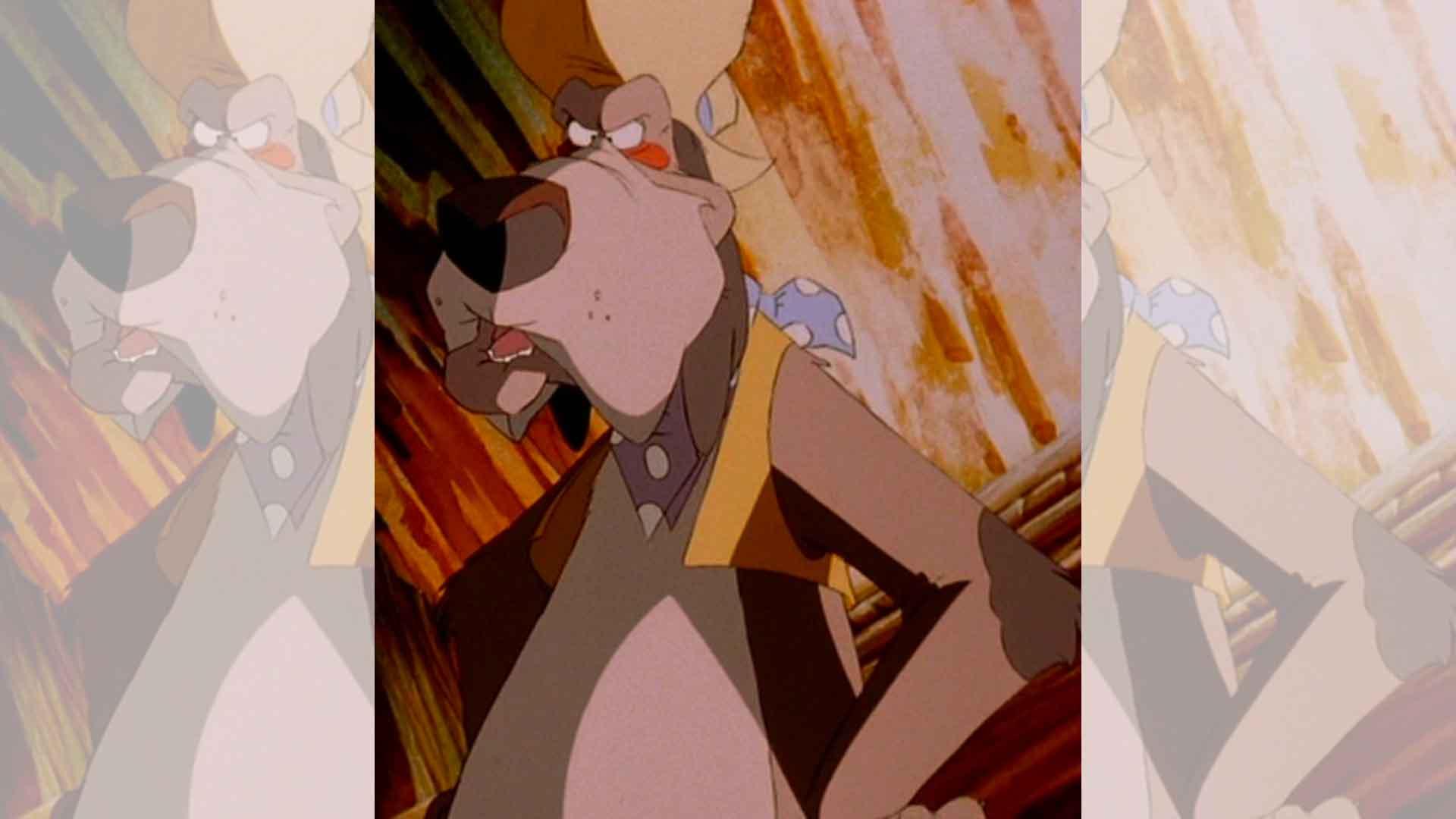
In the film, Stewart’s character, Wylie Burp, is a washed-up dog sheriff who embodies the spirit of the Western heroes of yore. His portrayal brought depth and nostalgia to the animated landscape, connecting the past and present of Western storytelling.
Stewart’s unmistakable voice, filled with wisdom and weariness (which can now be accessed once again thanks to AI), added gravitas to the character, making Sheriff Burp’s journey a touching homage to the actor’s own cinematic journey.
The Spielberg Connection
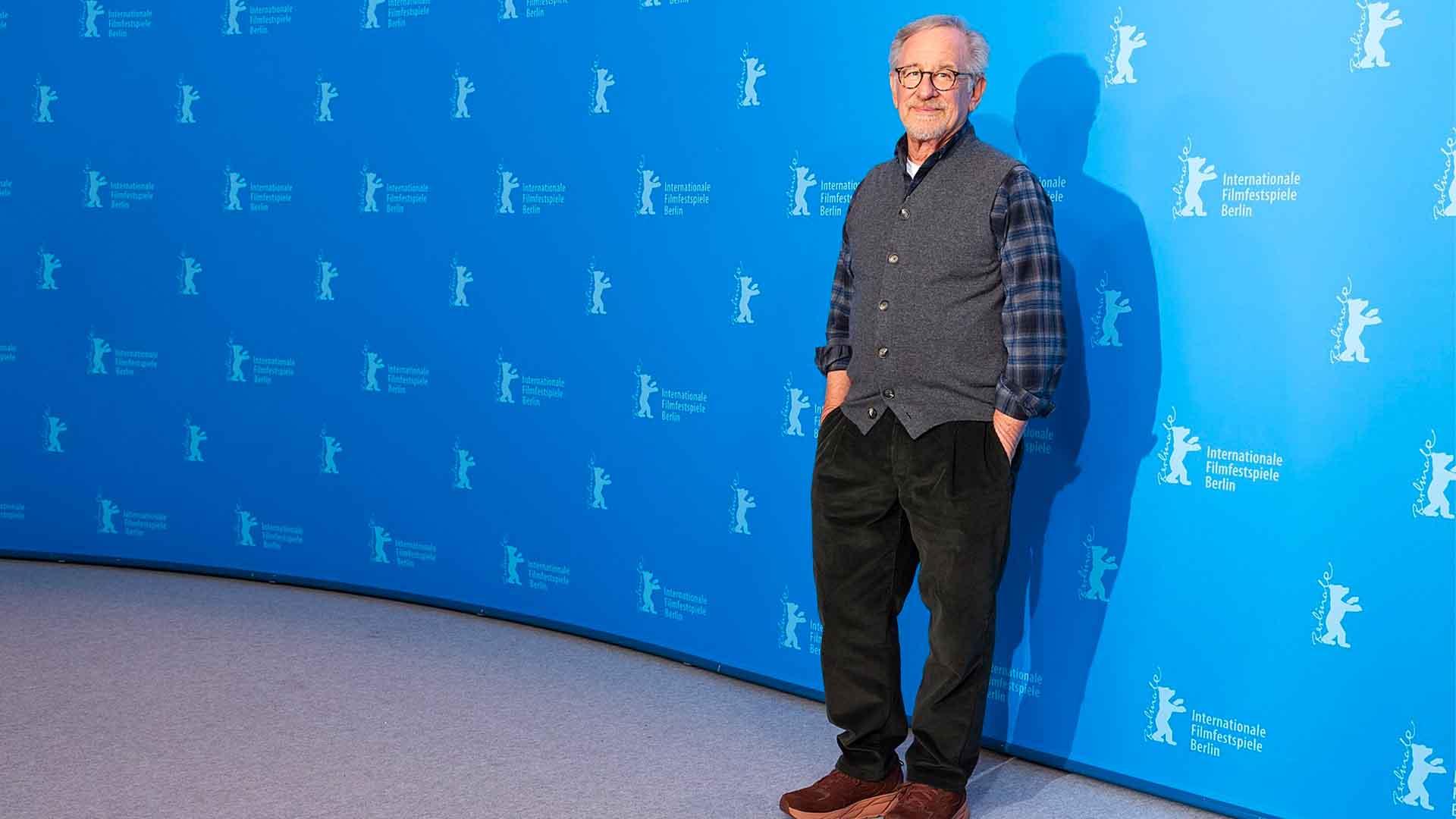
According to The Los Angeles Times, Steven Spielberg, the mastermind behind “Fievel Goes West,” personally sought out Stewart for the role. Recognizing the actor’s iconic status and his importance to the Western genre, Spielberg wanted Stewart to be part of this animated homage.
Spielberg’s involvement ensured that the film paid proper respect to the traditions of the Western, all while pushing the boundaries of animation.
The Final Ride

Stewart’s performance in “Fievel Goes West” marked a significant moment in cinema: it was his last role before retirement.
His portrayal of Wylie Burp served as a fitting farewell to a genre that had defined part of his illustrious career. This role allowed Stewart to leave one final mark on the Western, a genre he had helped shape over decades.
Legacy of a Hollywood Legend

While Jimmy Stewart’s legacy is often associated with his live-action roles, his final film performance in “Fievel Goes West” added an unexpected chapter to his storied career.
This animated feature bridged the gap between the golden age of Hollywood and the modern era, showcasing Stewart’s timeless appeal and enduring impact on the film industry.
The Impact of Wylie Burp

Through Wylie Burp, Stewart imparted lessons of courage, heroism, and the enduring spirit of the West to a new audience.
His performance resonated with viewers young and old, encapsulating the essence of the Western hero while embracing the whimsical and imaginative possibilities of animation.
A Fond Farewell
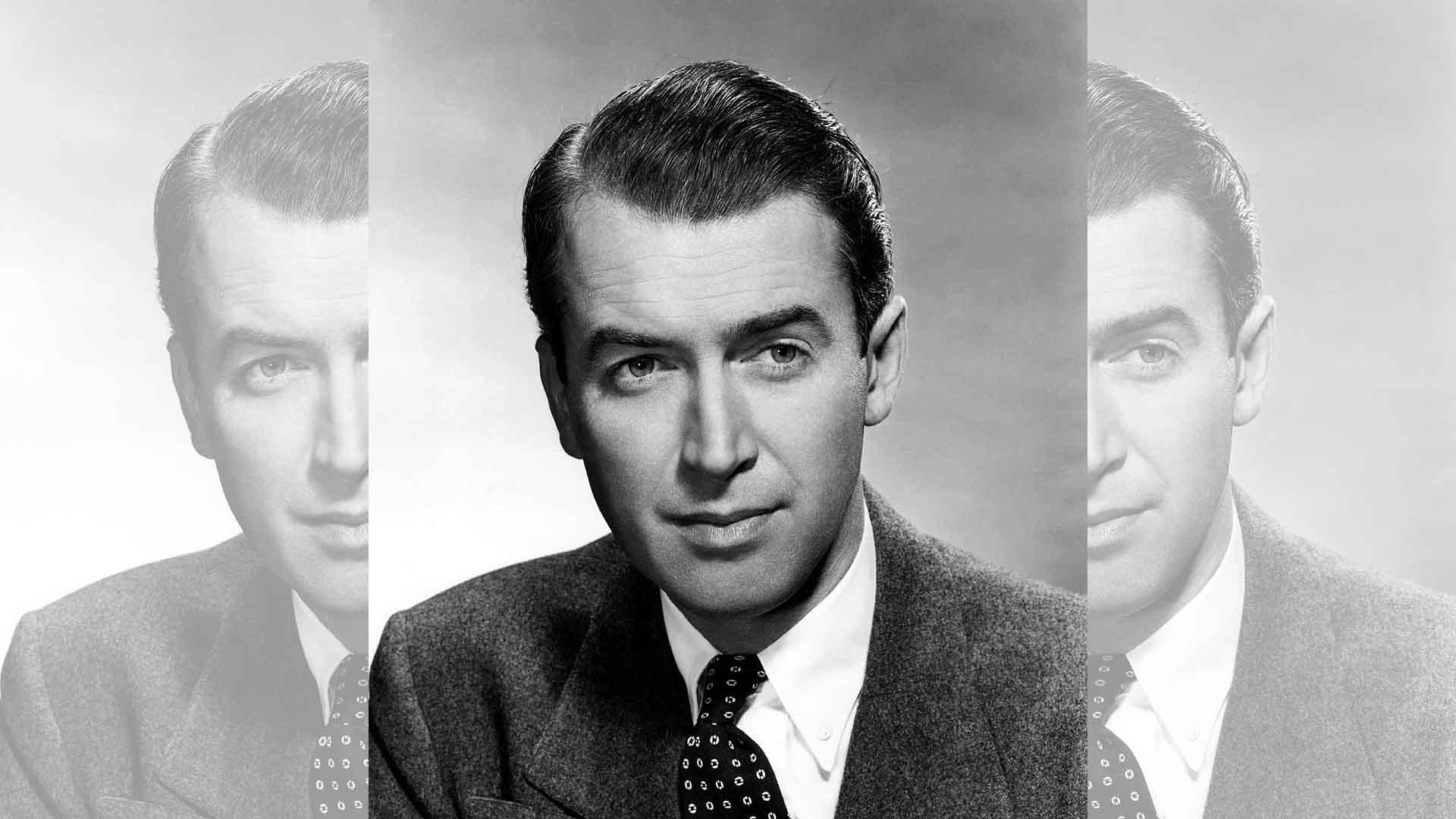
Stewart’s final scene in “Fievel Goes West,” where Wylie Burp walks off into the sunset, symbolizes more than just the end of a movie. It represents Stewart passing the torch to the next generation, a poignant farewell from one of Hollywood’s greatest legends.
His parting words, “One man’s sunset is another man’s dawn,” echo the timeless nature of his legacy and the enduring spirit of the Western genre.
Remembering Jimmy Stewart
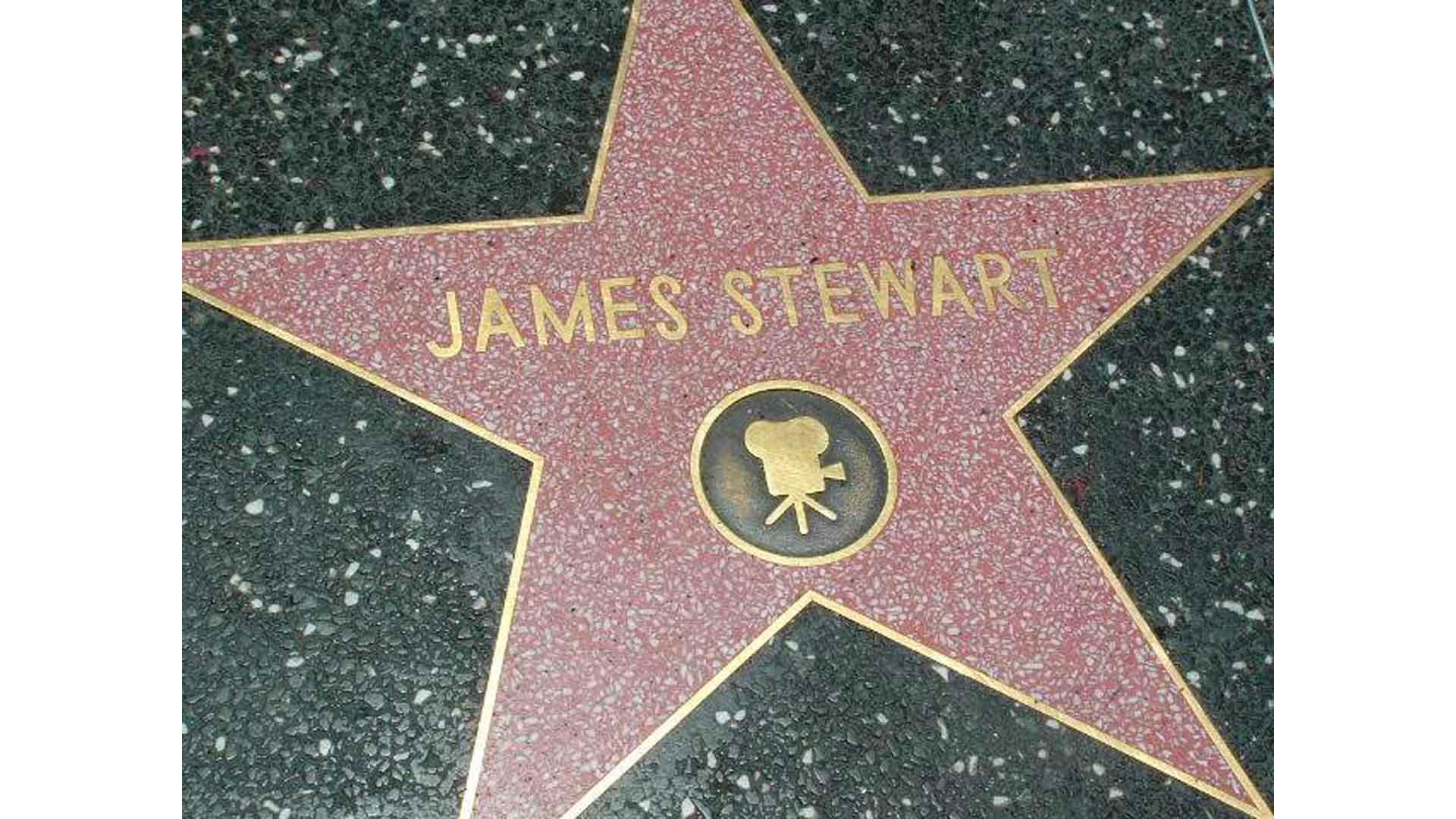
As we look back on the impact of Jimmy Stewart’s final film performance, it is clear that his legacy continues to live on.
His memorable characters and timeless performances have cemented his place in Hollywood history, and “Fievel Goes West” serves as a reminder of his versatility and enduring appeal.

